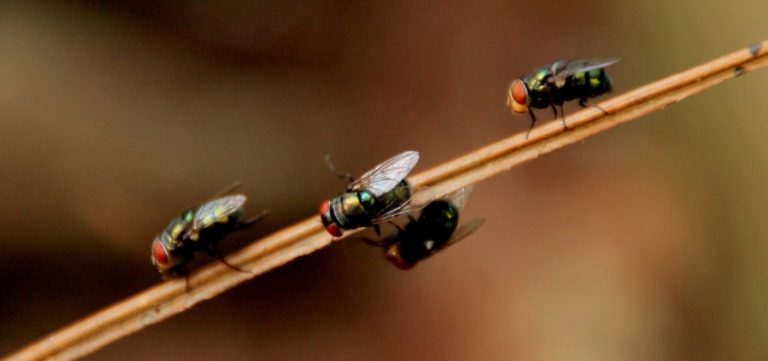A pest is referred to any destructive animal or insects like mosquitoes, rodents and fleas that attack livestock, food, crops, etc.
Pest control is the management or regulation of species known as pests due to their effect on human health, economy or ecology. They have a direct and indirect impact on our lives. Extermination of these species is done in different ways, according to agriculture, they are put at bay biologically, chemically and culturally. Let’s dive into some of the measures.
Biological measures
This method highly relies on natural enemies, i.e. parasitism, pathogens and predators that interfere with their breeding and habitat. These enemies are released to control the pests, and it’s one of the long term control methods. Using biological processes is an integrated pest management strategy.
One of the ways is introducing fish in water bodies to get rid of mosquitos’ larvae. The dung beetle is used on cow dung to break it down to control attack by fleas. The natural methods should be environmentally safe, not interfere with plants and animals. The technique is effective when you use the right species in the appropriate conditions.
Chemical methods
There are thousands of pesticides that cause destruction every day. On the other hand, chemical ways have been invented to control them in stores, offices, homes and other places they are likely to infest. A pesticide is a common name refereed to these chemical methods.
As much they are useful, they also pose a danger to plants, animals and the environment in general. Chemical methods are available in aerosols, liquids and solids and kill pests according to their species. Bactericides are used to get rid of bacteria; insecticides kill insects, rodenticides are for rodents and herbicides are used on plants.
Before applying this method, one has to use personal protective equipment to protect them and avoid further contamination, especially on food and drinks. It’s advisable to consult a professional, like https://allclearext.com/orange-county/ to handle the task appropriately.
Physical methods
They include trapping rodents, using flypapers to catch flies. Physical methods also involve hygiene practices that can get rid of pests. Practising good hygiene is when you keep your home clean including the food stores. All the surfaces should be free from food leftovers or dirt to deter the breeding and reproduction of pests. Keep all the cupboards clean, all the household items and the electrical appliances not to harbour any pests.
The bin should be emptied regularly and cleaned; you should flush the toilet and seal the septic tank, drain any stagnant water and clear weeds in the garden. Garden debris can be used as natural fertilizers. When we address the hygiene factor properly, we can prevent pests infestation.
Pests are detrimental, and it’s possible to stay free from them by applying the methods discussed. The pesticides should be used after following all the guidelines indicated on the containers to protect yourself. Maintaining hygiene should be a top priority in the homes, offices and stores because it’s the easiest way to control the pests.

